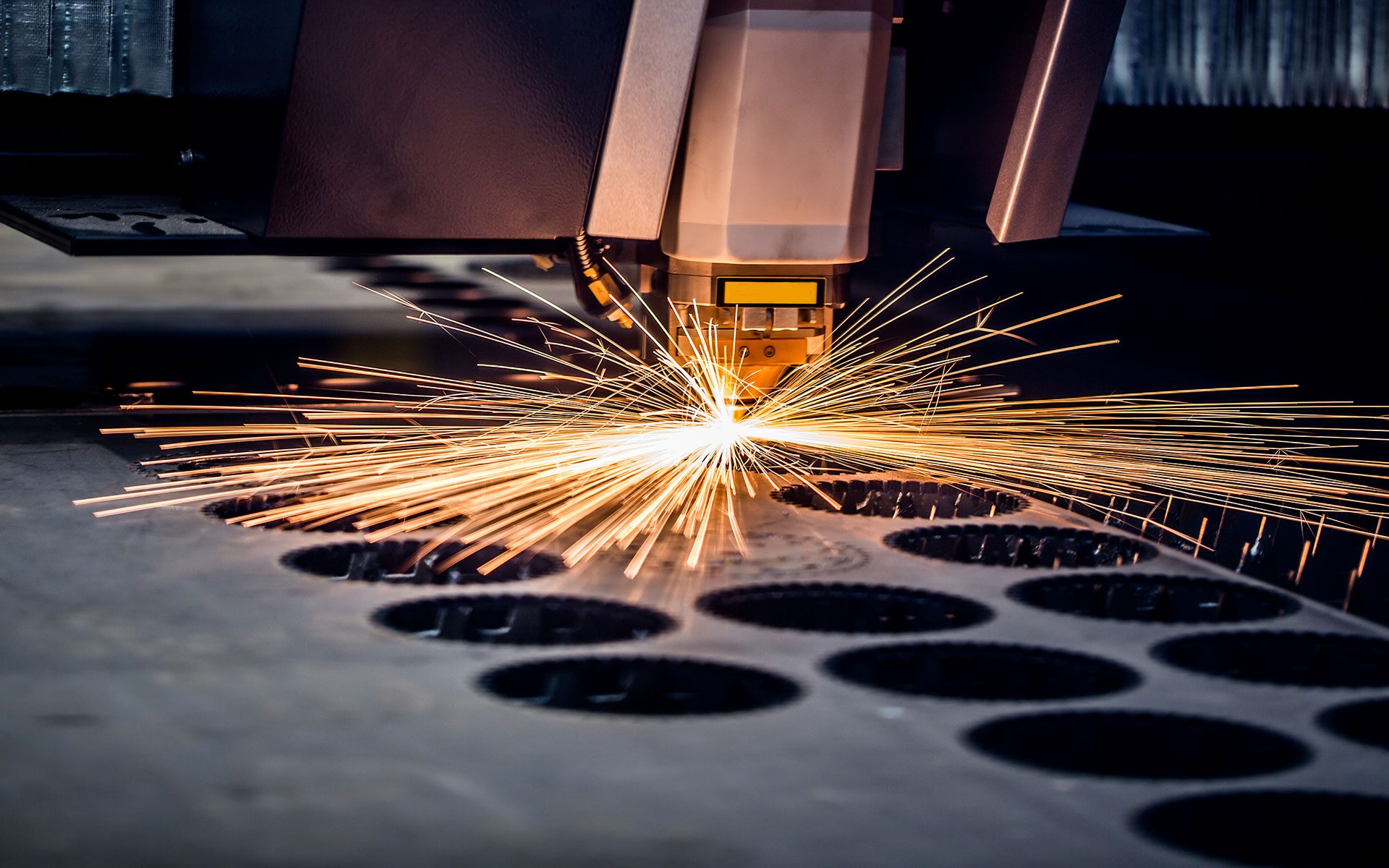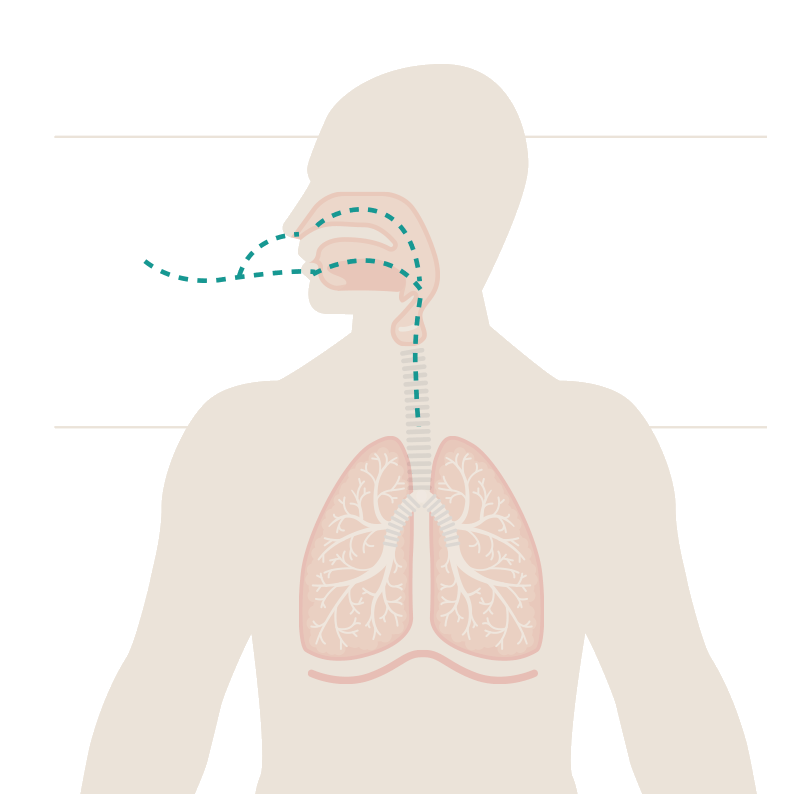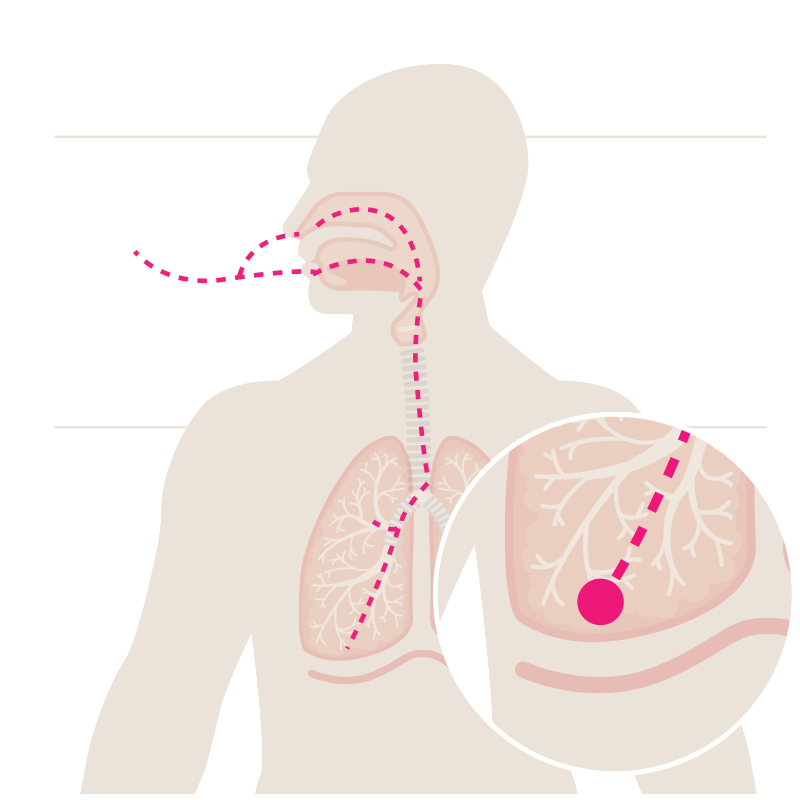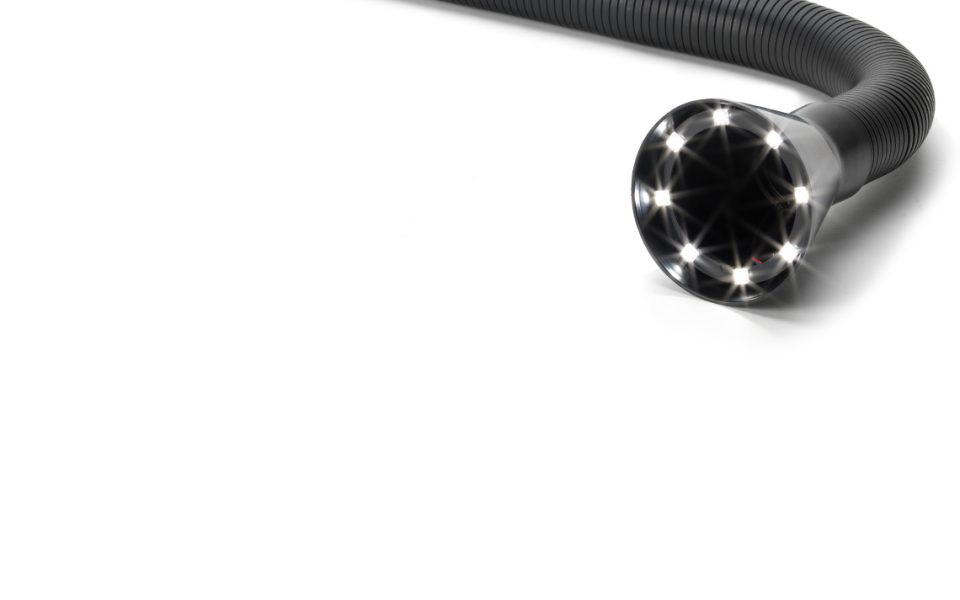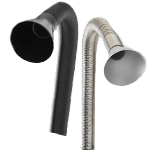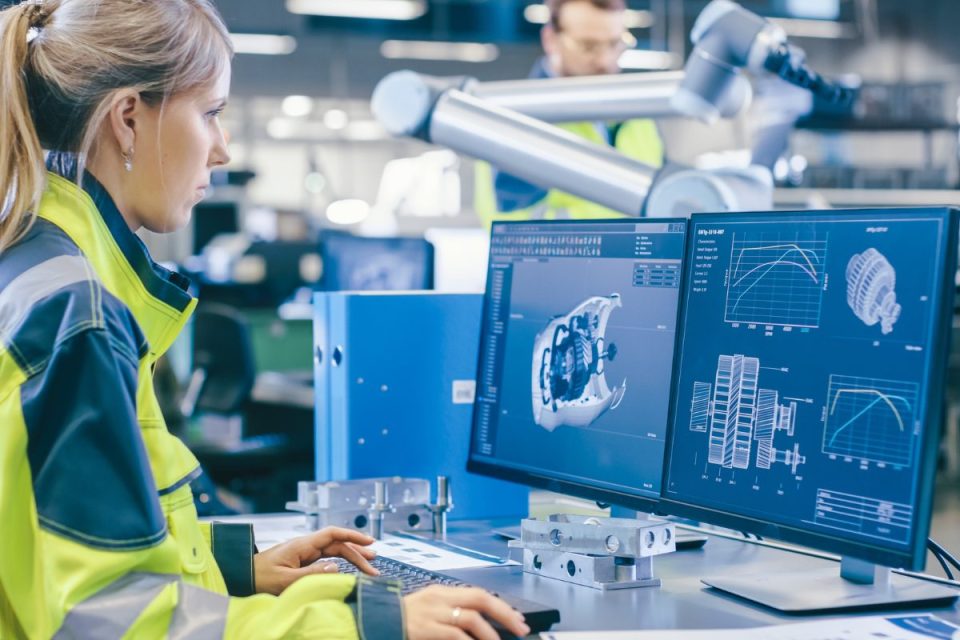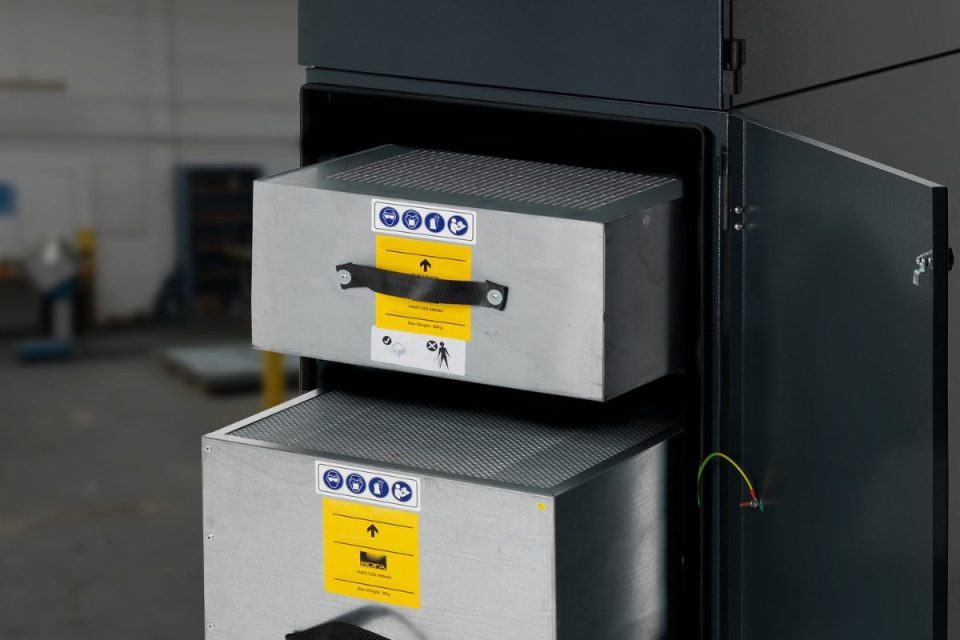
All businesses – large or small - have a legal obligation to ensure a safe working environment for their people.
This means maintaining a dust and fume-free workplace through the removal of solid particles (particulates), liquid droplets (usually aerosols or mists) and vapours or gases (fume). This is critical, because the health consequences for employees working in a hazardous environment can be significant and permanent.
Approximately 12,000 deaths each year are due to occupational respiratory diseases, about two-thirds of which are due to asbestos-related diseases or chronic obstructive pulmonary disease (COPD).
Work related lung illnesses (occupational respiratory disease) include asbestosis, silicosis, COPD, asthma, emphysema and lung cancer.

Fume extraction matters
The impact on workforce productivity is considerable but the problems spread further: costs for healthcare and pay outs for social security, impact on individual’s daily life; expensive law suits; reputational damage to companies that fail to comply with their legal and moral responsibilities.
Our technical staff work with customers and industry bodies to raise awareness of the need for fume extraction and the risks associated with ignoring it.
* UK HSE Labour Force Survey 2016
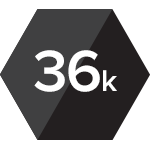
36,000 people who worked in the last 12 months had “breathing or lung” problems caused or made worse by work.
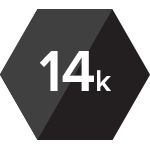
14,000 new cases of breathing or lung problems caused or made worse by work each year.
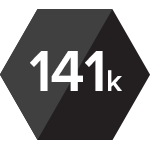
141,000 people who have ever worked currently have “breathing or lung” problems as caused or made worse by work.
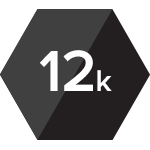
12,000 deaths/ year due to occupational respiratory diseases.

33% of all annual deaths due to work-related diseases attributed to Chronic Obstructive Pulmonary Disease (COPD) and other respiratory disease.
types of fumes
What are the different types of fumes and how do they affect your body?
Fume and dust are generated by a wide range of industrial processes and materials.
They result from laser and ink jet coding onto food and pharmaceuticals packaging, soldering in electronics, welding, laser cutting and engraving, spraying, printing, and hand and mechanised grinding…and many, many more.
Whatever your sector, we can work with you to assess any potential airborne risk to your people and advise on the best extraction solution.
Airborne contaminants come in all shapes and sizes, but there are some that can be particularly harmful. The effect on health can range from headaches, eye irritation and skin problems to respiratory damage, occupational asthma, damage to the central nervous system and cancer.
- Inhalable
- Respirable
Select type
Types of airborne contaminants
Not all airborne contaminants cause harm, but employers have a legal duty to assess any risk to health created by an industrial process and the materials being worked. We can help you assess potential hazardous emissions and put an appropriate extraction system in place.
law & legislation
There are three main areas of legislation regarding extraction equipment.
Extraction system safety (responsibility of the manufacturer), worker safety (responsibility of the employer) and disposal of hazardous waste captured by the extraction system (responsibility of the end user).


Expert training designed for you
Through the BOFA Academy you can participate in a series of free online training delivered by our experts. We have a range of modules available, including modules to help you understand more about the dangers of fume and the need for the right extraction.

Search your system below.
Find an extraction accessory that’s right for you



